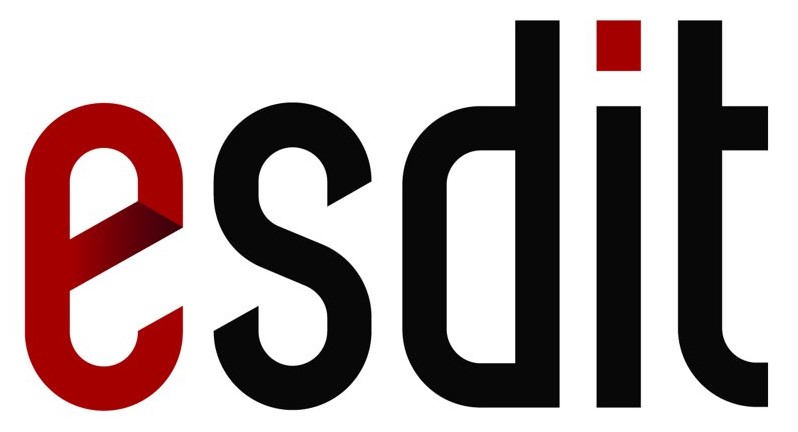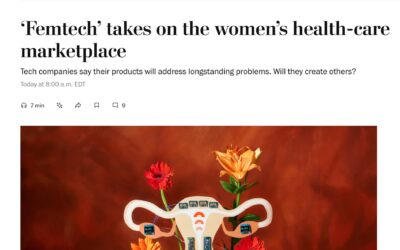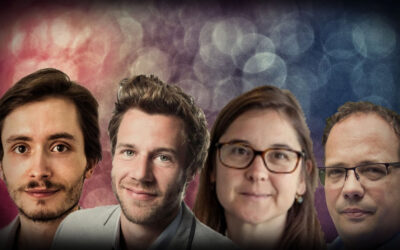‘Femtech’ is a term for technologies that address female health needs, for example technologies that enable women to digitally track their period, manage their fertility, or support their pregnancy. Although femtech has the potential to benefit women, ESDIT researcher Naomi Jacobs has argued, there are various ethical concerns to be raised with current femtech apps. An article in today’s Washington Post addresses these issues as well, and quotes Jacobs.
News & media, category / tag
Media appearances
The Ethics of Artificial Wombs: an interview with Julia Hermann
ESDiT researcher Julia Hermann is interviewed by Ricardo Lopes of podcast The Dissenter about her research on ectogestative technology, or in simpler terms: artificial wombs.
Caroline Bollen interviewed about her PhD project on Dutch National Radio
Caroline Bollen was interviewed on her work on Empathy by the Dutch NPO Radio 1, a public-service radio channel in the Netherlands, during a "De Nacht van..." session dedicated to science. During the interview, Caroline talked about the urgency for a new definition of...
Adam Henschke on University World News about military technology
ESDiT Fellow Adam Henschke was interviewed by University World News on his work on on military technology for the article “Military philosophers ponder AI-human control of lethal weapons.”
ESDIT on the Dissenter Podcast
ESDIT researchers Jeroen Hopster, Julia Hermann and Ibo van de Poel talk on The Dissenter Podcast about their recently published book The Ethics of Socially Disruptive Technologies; An Introduction. Host Ricardo Lopez about this podcast: “We start by discussing the ethics of technology, what socially disruptive technologies are, and the intercultural outlook of the book. We then go through social media, social robots, climate engineering, and ectogestative technology. We also discuss who should be held responsible for social disruption, and whether technology is neutral.“
Radical Philosophy podcast interview with Julia Hermann
Dr. Julia Hermann discusses the ethical issues of how an artificial womb could be used in the future, If an artificial womb would change the concept of personhood and how it would effect the debate about abortion and reproductive rights.
Waarom de klimaattransitie geen technologische maar een morele uitdaging is
De klimaattransitie is geen technologische of wetenschappelijke uitdaging. In de kern is het een morele uitdaging, bemoeilijkt door psychologische valkuilen en institutionele gebreken. Kunnen we die het hoofd bieden?
Jeroen Hopster in de Groene Amsterdammer over de klimaattransitie
Zwanger of een kind uit een kunst baarmoeder?
Filosoof en ethicus en Universitair docent aan de Universiteit Twente, Julia Hermann, doet onderzoek naar hoe technologie invloed heeft op wie wij zijn en wat we belangrijk vinden. Ze probeert de rol van techniek in het verleden te begrijpen en zo te anticiperen op hoe nieuwe technologieën een plek krijgen in onze samenleving.
Een interview met Julia Hermann op radio NPO1







